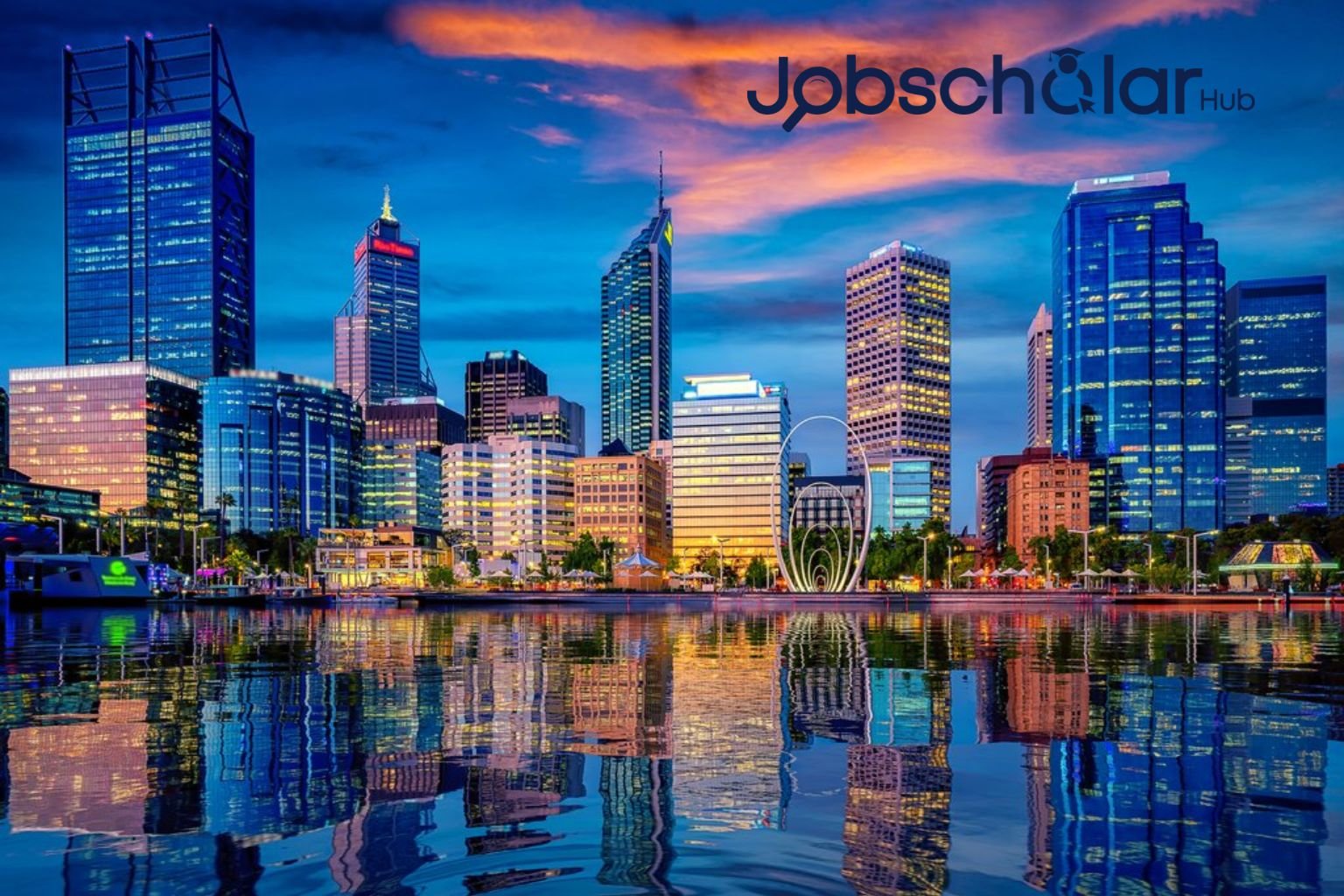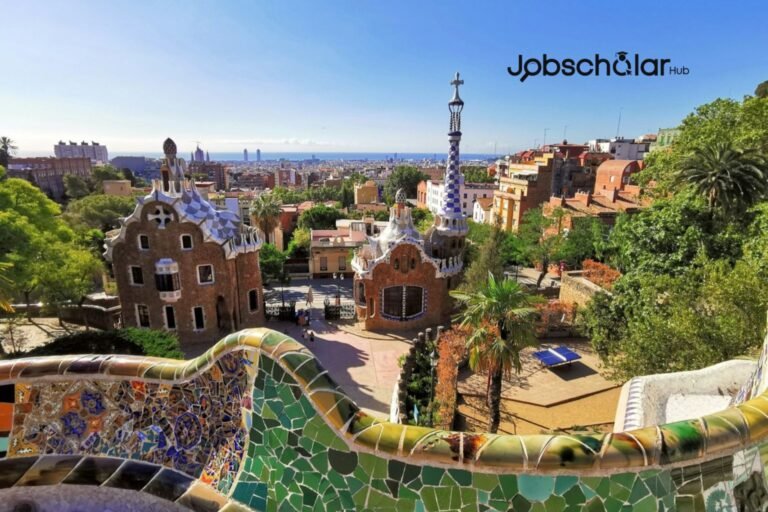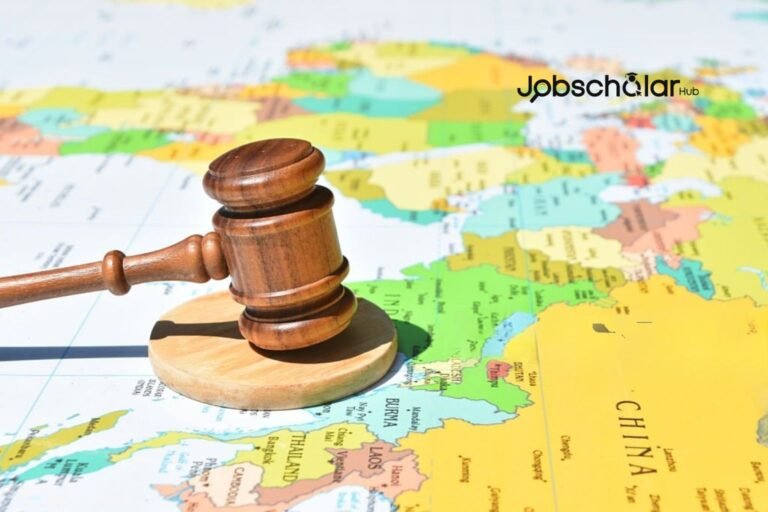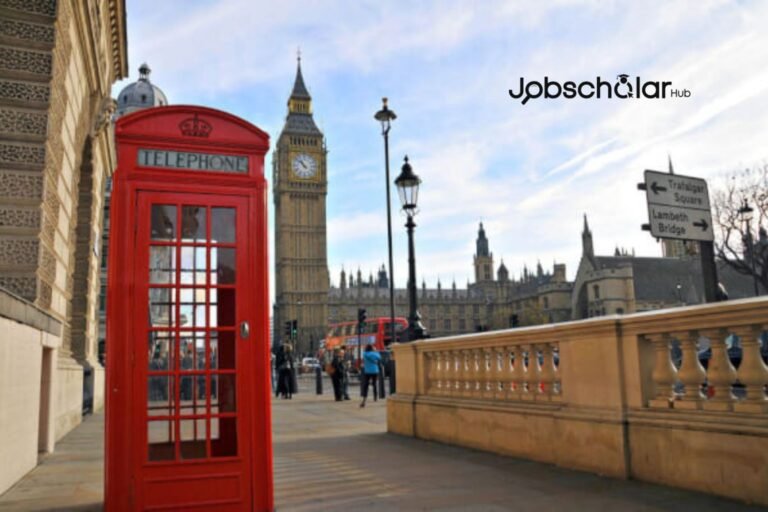So, you’ve taken the big decision to move Australia. You probably already have a new job, studying or starting anew, but the settle in Australia can be equal parts exciting and daunting. A new culture, new rules, new way of life — it’s all a lot to process! But don’t worry, we’ve got your back!.
This guide will run you through all the things you need to know to make Australia feel like home. Finding a job, getting your finances in order, making new friends, the best cities to travel to and live in — we’ve got it all.
Are you ready to kickstart your Aussie adventure? Let’s get right into it!
Table of contents
- What are the First Things to Do after Moving to Australia?
- How to Get a Job in Australia as a Migrant?
- What is the cost of living in Australia?
- How Much Do You Need to Live Well in Australia?
- How To Make Friends and Integrate into the Australia Community?
- Best Cities to Live in Australia
- Conclusion
- FAQs
- References
- Recommendations
What are the First Things to Do after Moving to Australia?
Below is a guide on the things you should do after you arrive in Australia-
#1. Plan on Setting Up Your Bank Account
If you are looking to setrlw in Australia, this is one of the first things you must do. Australia is a digital economy and a local bank account is a must. The major banks are Commbank, ANZ, NAB and Westpac. You can apply for an account online before you arrive, but you will have to visit a branch in person and show your passport and visa to activate it.
#2. Get a Tax File Number (TFN)
If you are going to be working in Australia you will require a Tax File Number (TFN) or you will pay tax at a higher rate. Application is free and can be done online via the Australian Taxation Office (ATO) website. You will need your passport and visa details to do this.
#3. Find a Place to Live
To settle in Australia, you must find a place to live. You should choose your house based on your budget and requirements. Popular options include:
- Temporary accommodations: Hotels, hostels or Airbnb as you look for a permanent place.
- Rent: Websites such as realestate. com. au and Domain help you look for rental properties. A minimum of four weeks rent as a deposit (bond) is required by most landlords.
- Flat-sharing: If you’re on a budget, have a look at sites such as Flatmates. com. au to find shared housing.
#4. Get a SIM card and Internet connection
To do that, you’ll need an Australian phone number. The big players are Telstra, Optus and Vodafone. This is mostly because they offer postpaid (contract) or prepaid (flexible) plans. When it comes to home internet, the top two choices are NBN or 5G wireless.
#5. Understanding the Public Transport System
The transport system differs from city to city. Here’s a quick guide:
- Sydney – Opal Card
- Melbourne – Myki Card
- Brisbane – Go Card
- Perth – SmartRider
- Adelaide – MetroCard
Install apps like Google Maps, Moovit or your city’s transport app. It would make it easier for you to navigate the city you are in.
#6. Claim Your Medicare Card (If Eligible)
Australia has a government-funded health care system, which is free or subsidized. To settle in Australia, you must get in on it. If you’re from a country with a Reciprocal Health Agreement with Australia (such as the UK, New Zealand, or Canada), you can apply for a Medicare card. If not, you might need private health insurance.
#7. Understand Local Laws and Emergency Services
Emergency number: Call “000” for police, fire or ambulance.
Work rights: Migrants are entitled to the protections of Australian labor laws.
Road rules: If you plan to drive, make sure to check whether your overseas license is valid, or needs converting.
Read also: Working in Australia: Complete Guide
How to Get a Job in Australia as a Migrant?

One of the most important priorities after moving is finding work. There is a strong job market in Australia, but you must know where and how to apply.
Where to Search for Jobs
The top job search websites are:
- Seek– Today job seekers apply for their first job in Australia through SEEK.
- Indeed – Perfect for ALL kinds of jobs.
- LinkedIn – Helpful for networking and professional jobs.
- Gumtree – Occasionally has temporary and part-time jobs.
- Government job sites – If you’re seeking public sector work, check out APS Jobs
If you are searching for casual or part-time work, hospitality, retail, and construction typically hire fast.
How to Make a Resume for Australian Hiring Managers
Australian resumes are typically 2-3 pages and need to be straightforward and professional. Key tips:
- Add an Australian mobile number and address
- No photos (uncommon in Australia)
- Write work experience in reverse order (most recent)
- State your visa status (e.g., “Eligible to work in Australia”)
- Cite sources (where possible)
Work Rights and Minimum Wage
Labour rights are better protected in Australia. The minimum wage is $23.23 per hour. Ensure your employer observes fair work practices. You can visit the Fair Work Ombudsman website to learn more about your rights.
Working on a work visa
Whether you can work is determined by the type of visa you have. Here are the main types:
- Skilled Worker Visas (Subclass 189/190/491) – For skilled workers
- Employer Sponsored Visas Subclass 482 – If a company sponsors you.
- Working Holiday Visa (Subclass 417/462) – For youth (18-30/35).
- Student Visa (Subclass 500) – This is a temporary visa that permits part-time work during your studies.
- (FPSL) — If you’re a non-citizen that needs sponsorship = your best odds are networking and applying to large companies.
What is the cost of living in Australia?

If you are thinking to settle in Australia, you should already know it is a great place to live, but let’s face it, it’s not affordable! The cost of living differs by city, way of life, household size, etc. Here’s a full breakdown of what to budget for and how to save money.
Housing Costs
The largest cost of living for most migrants is housing. Here’s what to expect:
- Sydney $2,200- $3,500 a month
- Melbourne $2,000- $2,500 a month
- Brisbane $1,600/month – $2,000/month
- Perth $1,400/month- $1,800/month
- Adelaide $1,300 – $1,600 a month
How to Save:
- Choose shared accommodation, which lowers the rent.
- The second option is to live outside of the city center for less expensive options.
- See if you’re entitled to government housing assistance.
Food and Grocery Expenses
- Supermarkets: Coles, Woolworths, Aldi are the best.
- Weekly grocery bill: Approximately $100-$150 per person.
- Eating out : A restaurant meal costs $20-$40.
How to Save:
- Purchase food in bulk at Costco or Aldi.
- Make your meals at home rather than dining out.
- Buy fresh, cheap produce at street markets.
Transport Costs
Generally, public transport is cheap, though cost differs from city to city. For your monthly transport pass, expect to spend-
- Sydney $180
- Melbourne $160
- Brisbane $150
- Perth $140
- Adelaide $130
How to Save:
- If you’re a student or senior, use concession cards.
- Enjoy off-peak discounts in some cities.
- Whenever you can, try to travel by bike or on foot for short journeys.
Healthcare Costs
Australia has Medicare, a government-run health system that finances most medical costs. But a few migrants require private health insurance as well, depending on the visa type.
How to Save:
- Check your eligibility for Medicare (get it at Services Australia).
- Obtain overseas visitor health cover (OVHC) if necessary.
- See bulk-billing doctors (no out-of-pocket expense with Medicare).
Utilities (Electricity, Internet, Phone)
- Electricity & Water: $150-$250 monthly
- Internet: $60–100 per month
- Cell Phone Plan: $30-$60/month
How to Save:
- Use Compare the Market to compare energy providers.
- Install energy-efficient appliances to help reduce electricity bills.
- For light data usage, pay for prepaid mobile plans.
Fun & Entertainment Costs
- Movie ticket: $20
- Gym membership : 50$-100$/month
- Coffee: $5-$6
- Night out: $50-$100 per person
How to Save:
- Attend free community events.
- Get a free book and movie rentals, aka library card.
- Download discount apps like Groupon to find discounted activities.
How Much Do You Need to Live Well in Australia?
An individual needs about $4,000 a month, while a family of four can need $7,000+ depending on where they are located. Do it wisely and you can live a good life without overindulging!
How To Make Friends and Integrate into the Australia Community?
Living in a new country can be isolating at first, but Australia is a friendly place, and there are multiple ways to meet people! Here’s how you can find friends and really feel at home.
Getting to Know the Australian Culture and Way of Life
Australians tend to be relaxed, funnier, and sports lovers. Here are some things to know:
- Aussies enjoy a bit of small talk – about sport, the weather or weekend plans.
- Barbeques are a big deal – If invited, bring drinks or snacks.
- Timeliness – Being on time is important for a job, but social events give a more casual approach.
Where to Meet New People
If you are thinking “Where in the world can I meet people?”, try these:
- Participate in Local Meetup Groups & Clubs
- Join Sports teams
- Group forms with common interests (photography, hiking, gaming)
- Community centers (cultural organizations, volunteering)
- Religious or spiritual organizations
- Try Social apps and websites
- Get Involved in Your Neighborhood
- Visit local markets, festivals, and community events.
- Speak to next door and work mates
- Hit up the cafes, libraries and parks that locals use.
Understanding Aussie Slang
If you want to fit in more, here are some terms you’ll be hearing regularly:
- G’day! – Hello
- Arvo – Afternoon
- Maccas – McDonald’s
- Servo – Gas station
- Sick! – Awesome
- No worries – No problem / It’s alright
Workplace Culture & Making Friends at Work
Remember most Australians make friends at work, so be friendly and open.
- Attend Friday drinks (this is a tradition in most Aussie offices).
- Participate in office events or team lunches.
- Don’t take life too seriously – Aussies love some humorous banter at work!
Overcoming Culture Shock
Homesickness is common, but here’s how to adjust:
- Stay connected with family and friends from home.
- Visit new places and do new things to stay engaged.
- Seek out expat communities where you come from in the world.
- Allow time — it takes a few months to feel settled.
Fastest way to make friends and feel part of community would be to volunteer. You can volunteer at a local charity or at a food bank, become a member of environmental groups (such as beach clean-ups) and even zero in on local festivals or cultural events.
Websites for finding volunteer work:
Best Cities to Live in Australia
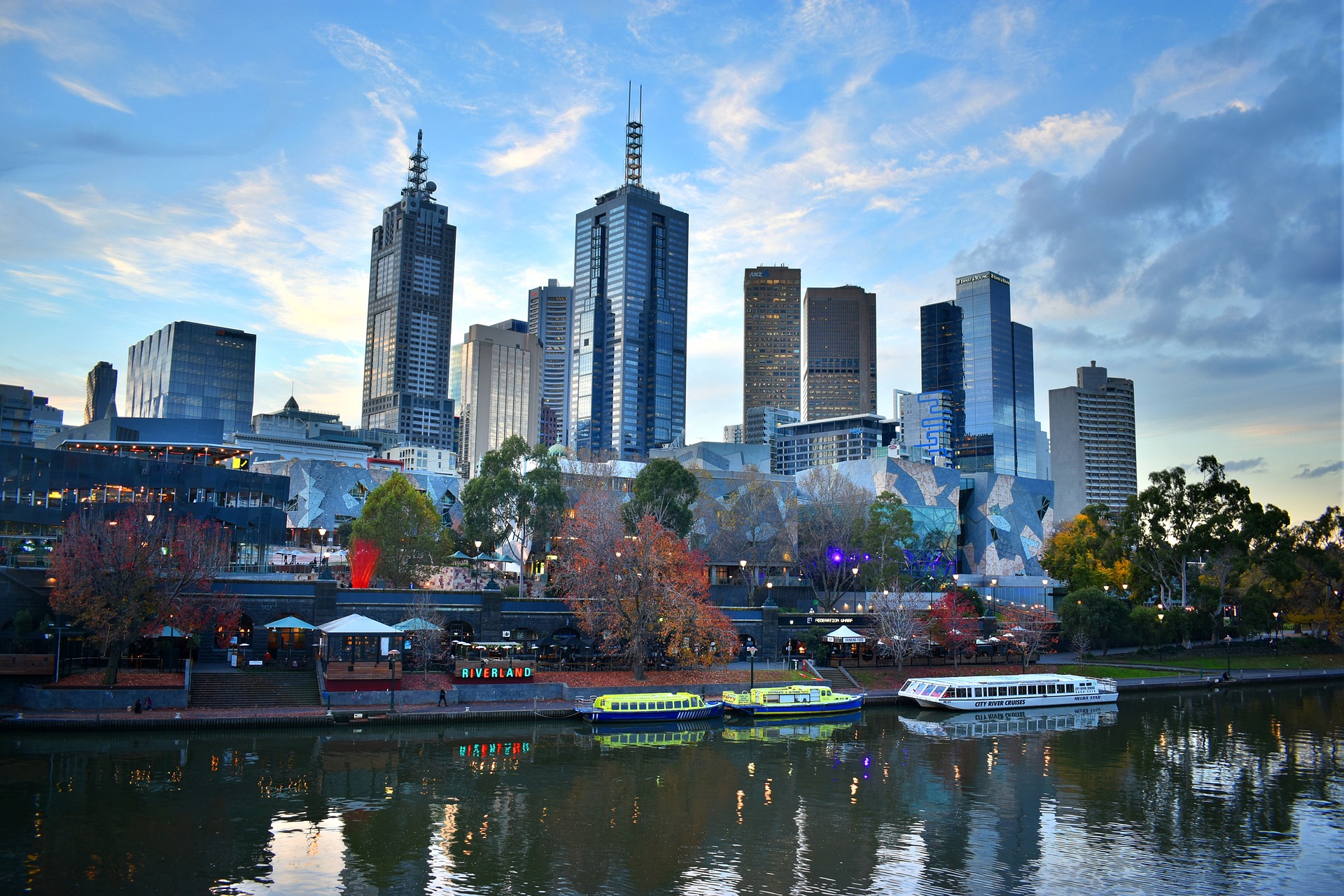
There are lots of great cities in Australia, each with their own character and lifestyle. Whether you like your vacations at the beach, in the city making moves or in a more subdued setting, there’s a city for you. Here are the most popular cities for migrants to make their new homes in, for lifestyle, affordability and job opportunities.
Sydney
Sydney boasts city life, world famous beaches, and a growing job market—particularly for finance, tech, and media—in the number one city in Australia. With its iconic Opera House and Harbour Bridge, Sydney is one of the most popular cities in the Australia.
Pros:
- Lots of employment possibilities
- Lovely beaches and parks.
- World culture and entertainment.
Cons:
- Expensive living, particularly in rent.
- Traffic congestion.
Melbourne
Melbourne is the cultural capital of Australia. It’s known for its food scene, street art, live music and sports. This was a sanctuary for the arts, media and education guilds. The other thing about the city is that it is a cool climate whereas some people love a cool climate like Sydney.
Pros:
- Cultural and entertainment center.
- Exceptional health care and education.
- Lower rent than Sydney.
Brisbane
Brisbane, the capital of Queensland, is a good place for anyone who enjoys a sunny climate and plenty of outdoor activities. It has great parks, a rich arts scene and a laid-back lifestyle. It’s also less expensive than Sydney and Melbourne, which is great for families and the newly settled.
Pros:
- Great weather year-round.
- Affordable cost of living.
- Expanding employment market in health care and technology
Cons:
- It has less nightlife than Sydney and Melbourne
- Fewer openings in select job sectors.
Perth
If you want a laid-back lifestyle and beautiful beaches while having room to spread your wings, then Perth in Western Australia is a good choice. Perth may be synonymous with mining and energy, but it has an easygoing vibe and an expanding food and arts scene.
Pros:
- Low cost of living.
- Nice beaches and outdoor lifestyle.
- Just a hop skip and jump away from Asia for travel.
Cons:
- Further from other cities.
Adelaide
With its wine regions and laid-back vibe, this is one of the best cities to live in Aiustralia. It’s also a less expensive place to live, well suited for those seeking to live a more simple, less frenetic life.
Pros:
- Affordable housing.
- Wine areas and gastronomy.
- Reduced stress, more relaxed rhythm of life.
Cons:
- Not as strong as the bigger cities job market.
- Sometimes less vibrant, with fewer entertainment opportunities.
Hobart (Tasmania)
If you’re into nature, history, and a quieter pace of life, Hobart is your go to place. Located in Tasmania, it has stunning landscape, a historic vibe, and a small and burgeoning job market. Cost of living is cheap, and community is strong in the city.
Pros:
- Affordable living.
- Glimpses of the scenic views and natural beauty.
- Close-knit community.
Cons:
- Few jobs in a selected area
- Smaller city, less amenities.
Read also: Best Online Jobs For Students
Conclusion
Now you have gone through this guide, you are ready to settle in Australia after your migration. Remember it can feel very overwhelming when you look at all you have to do, but don’t hesitate to take it one step at a time.
Before you go, check out this related content: 5 Australian Companies That Sponsor Work Visas
FAQs
Is it possible for me to bring my family to Australia after I migrate?
Yes, you can bring your family depending on the type of visa you have, but they’ll need to have a visa of their own.
Should I learn English before I go to Australia?
Although not compulsory, learning English is highly beneficial in adjusting, obtaining work and integrating into the Australian population.
How do I apply for permanent visa for Australia?
You can do this through an online application through the Department of Home Affairs general website, but there are different requirements for each visa type.
Do migrants face restrictions on buying a home in Australia?
Yes, migrants typically require approval from the Foreign Investment Review Board to buy property, which is especially important if you’re not a permanent resident.
What is the permanent residency processing time for Australia?
It varies greatly based on the visa, but permanent residency can take anywhere from 8 months to 2 years.
References
- immi.homeaffairs.gov.au- Tips to settle down in Australia
- liveinmelbourne- Settle down in Australia after migration- Complete guide
- immigrationandcitizenshipwebsite-


